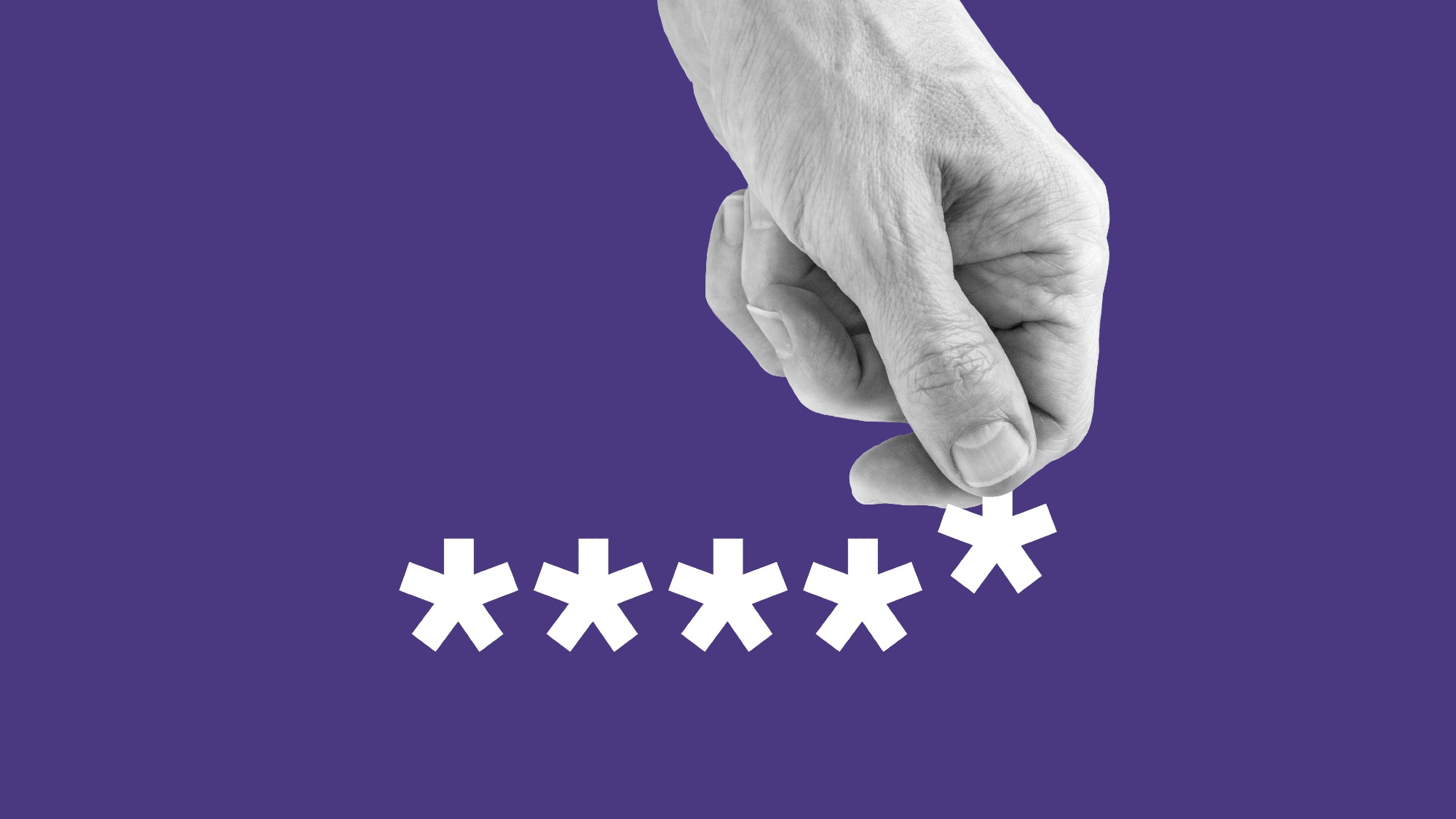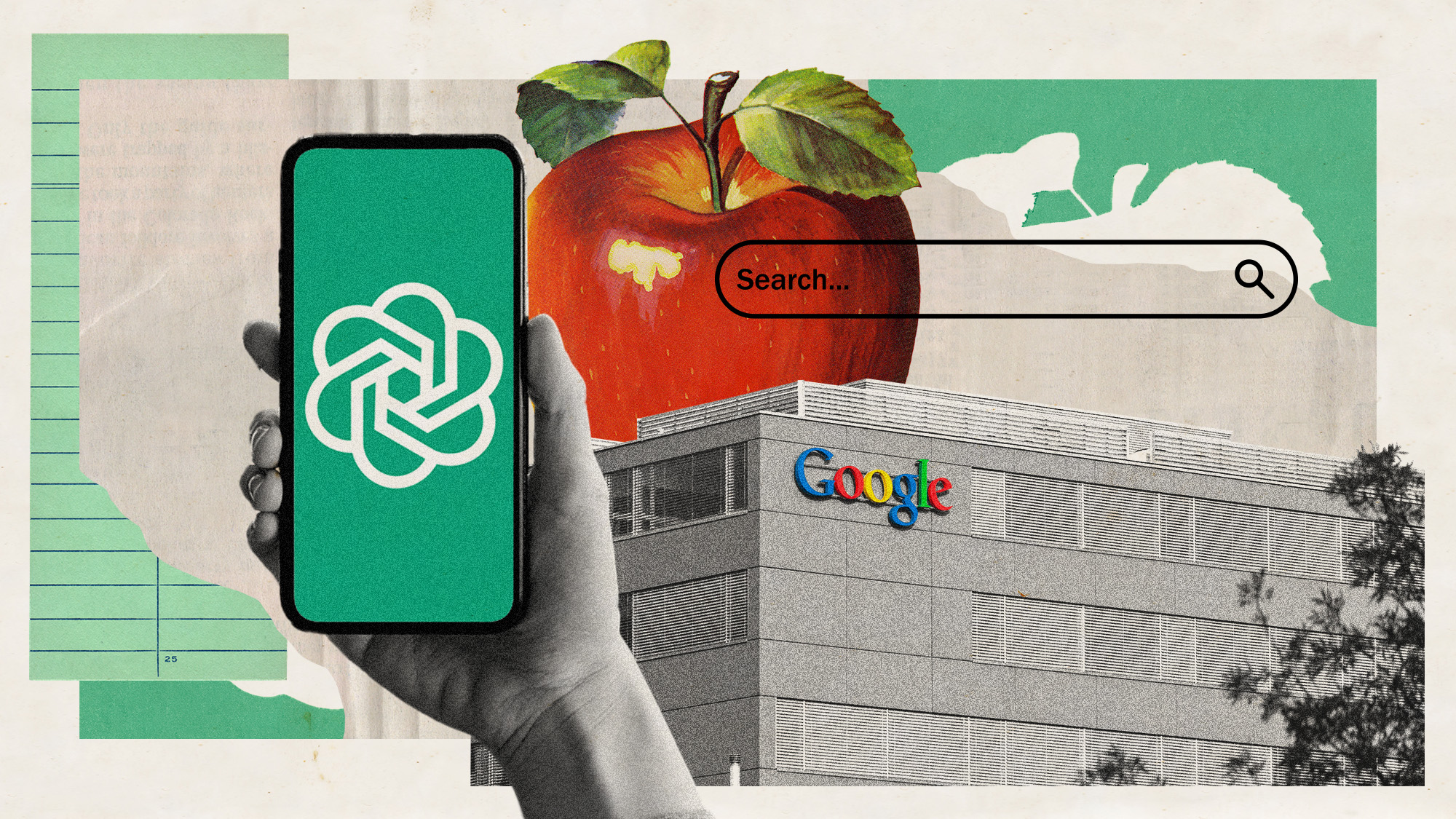Will the Google antitrust ruling shake up the internet?
The company's case loss may have ramifications across the tech industry


Tech industry observers warned that Google's loss in a high-profile federal antitrust case could change how you search the internet. That prediction is closer to becoming true: The government is now asking a judge to force the company to sell off its Chrome browser business.
Government lawyers argue Google should be required to separate "its search engine from products it has built to access the internet," said The Wall Street Journal. Chrome controls about two-thirds of the browser market — and all those browsers are set to use Google's search engine by default, helping give it 90% of the search market. Spinning off the browser business "could upend an industry" in which search competitors like Microsoft's Bing and DuckDuckGo have relatively miniscule shares, said the Journal. Google execs don't like the government proposal, calling it "wildly overbroad."
But if Google is forced to sell Chrome, "finding a buyer for what would be a multibillion-dollar company could be challenging," said The Washington Post. "If Amazon owns it, it just reinforces their monopoly in commerce," said Ari Paparo, an online advertising executive. A possible option? Spinning Chrome off into a nonprofit like Mozilla, which oversees the Firefox browser. One thing that's clear: Google's August loss in the antitrust case could have ramifications across the tech industry.
Subscribe to The Week
Escape your echo chamber. Get the facts behind the news, plus analysis from multiple perspectives.

Sign up for The Week's Free Newsletters
From our morning news briefing to a weekly Good News Newsletter, get the best of The Week delivered directly to your inbox.
From our morning news briefing to a weekly Good News Newsletter, get the best of The Week delivered directly to your inbox.
What did the commentators say?
"The ruling threatens to alter one of Apple's most lucrative business arrangements," said The New York Times' DealBook newsletter. The iPhone maker received $20 billion from Google in 2022 alone to give its search engine preference on Apple devices. That's a revenue stream that could now go away. "Would Apple look to Microsoft's Bing or someone else to power search on the iPhone?" Or could it create its own search engine? Whatever happens, the ruling "threatens to disrupt one of the most valuable businesses in modern history, and Big Tech more broadly."
"The court's decision was the correct one, but it came way too late to make a real difference," Dave Lee said at Bloomberg. The case took six years to come to fruition, and it's likely the ultimate result might dent Google's market share "by a percentage point here and there." But it's hard to see a real competitor on the horizon: Microsoft added artificial intelligence functionality to its Bing search engine and it "didn't make the faintest bit of difference." Even with an adverse ruling, Google might still be too big to fail. "Whatever window may have been open for a Google competitor to arise was sealed shut firmly long ago."
What next?
"It's hard to imagine something different" from the current Google-dominated internet, Shira Ovide said at The Washington Post. Now there's an opportunity. One possibility: Google could be forced to share its "secret sauce" — built from the data of all those users — with other search companies to let those rivals "make more appealing search engines." But it's also possible that nothing much will change, at least from a user standpoint. "That's what happened after Google was found to have broken the European Union's anti-monopoly laws."
Indeed, some observers believe the government might lose its attempt to force Google to sell off its browser business. "It would strike me as an over-ask," Kevin Walkush at Jensen Investment Management said to Reuters. The Justice Department tried to break up Microsoft in the early 2000s and ultimately failed. And there's a real question whether selling Chrome would address the key problem raised by the government, which is Google's domination of the search market. "Divesting Chrome does absolutely nothing to address this concern," said Gus Hurwitz of the University of Pennsylvania Carey Law School
Create an account with the same email registered to your subscription to unlock access.
A free daily email with the biggest news stories of the day – and the best features from TheWeek.com
Joel Mathis is a writer with 30 years of newspaper and online journalism experience. His work also regularly appears in National Geographic and The Kansas City Star. His awards include best online commentary at the Online News Association and (twice) at the City and Regional Magazine Association.
-
 College grads are seeking their first jobs. Is AI in the way?
College grads are seeking their first jobs. Is AI in the way?In The Spotlight Unemployment is rising for young professionals
-
 Learning loss: AI cheating upends education
Learning loss: AI cheating upends educationFeature Teachers are questioning the future of education as students turn to AI for help with their assignments
-
 When did computer passwords become a thing?
When did computer passwords become a thing?The Explainer People have been racking their brains for good codes for longer than you might think
-
 Google's new AI Mode feature hints at the next era of search
Google's new AI Mode feature hints at the next era of searchIn the Spotlight The search giant is going all in on AI, much to the chagrin of the rest of the web
-
 How the AI takeover might affect women more than men
How the AI takeover might affect women more than menThe Explainer The tech boom is a blow to gender equality
-
 Did you get a call from a government official? It might be an AI scam.
Did you get a call from a government official? It might be an AI scam.The Explainer Hackers may be using AI to impersonate senior government officers, said the FBI
-
 Is Apple breaking up with Google?
Is Apple breaking up with Google?Today's Big Question Google is the default search engine in the Safari browser. The emergence of artificial intelligence could change that.
-
 Digital consent: Law targets deepfake and revenge porn
Digital consent: Law targets deepfake and revenge pornFeature The Senate has passed a new bill that will make it a crime to share explicit AI-generated images of minors and adults without consent


